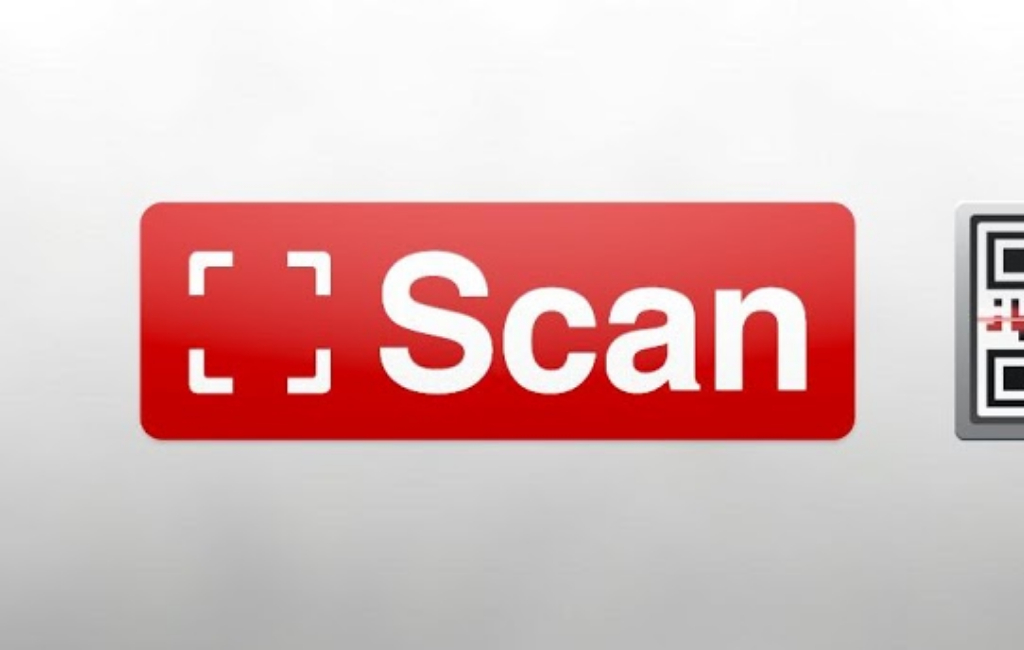Hamboards – Surfboard Sized Skateboards
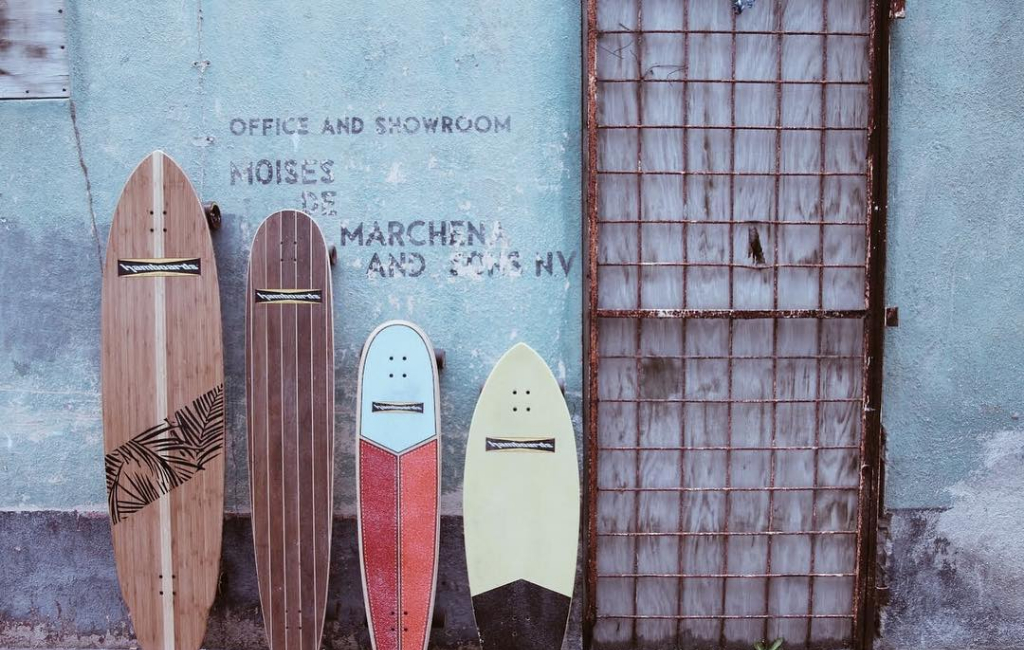

DEAL
EPISODE SUMMARY
🕓 Air Date: October 11, 2013
Asking For:
$100,000 for 15%
Investor:
Robert Herjavec
Deal:
$300,000 for 30%
PRODUCT SUMMARY
Hamboards are oversized skateboards designed to mimic the feeling of surfing on land.
WATCH HERE
IN A RUSH?
Click these to jump to the section you want to read.
Background Story
Hamboards, founded by Pete Hamborg and his cousin Donnie, originated in the vibrant coastal town of Huntington Beach, California. Pete, deeply immersed in Southern California’s surf culture, spent over 35 years surfing the waves of Huntington Beach. With a family background in lifeguarding and firefighting, Pete’s passion for surfing was ingrained from a young age. The idea for Hamboards sprouted from Pete’s desire to share the joy of surfing with his five sons. In an attempt to teach them to surf, Pete crafted a large skateboard to mimic the feeling of riding a wave.
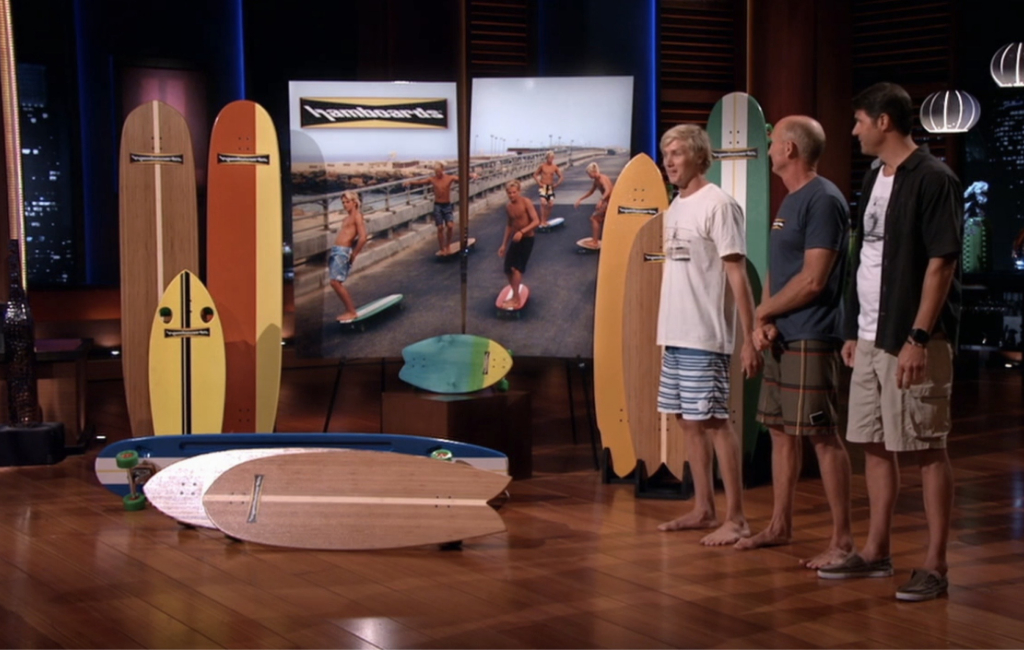
However, it wasn’t until a fortuitous accident, where one of Pete’s brothers backed over the prototype with a car, that they discovered the board’s true potential. The modification caused by the accident improved the board’s maneuverability, making it feel more like surfing. Recognizing the market potential, Pete and Donnie transformed their garage hobby into a business venture. Donnie, with a background in business from his tenure at DuPont and experience as an entrepreneur, brought valuable expertise to the table. Together, they navigated the challenges of turning their passion into a profitable business.
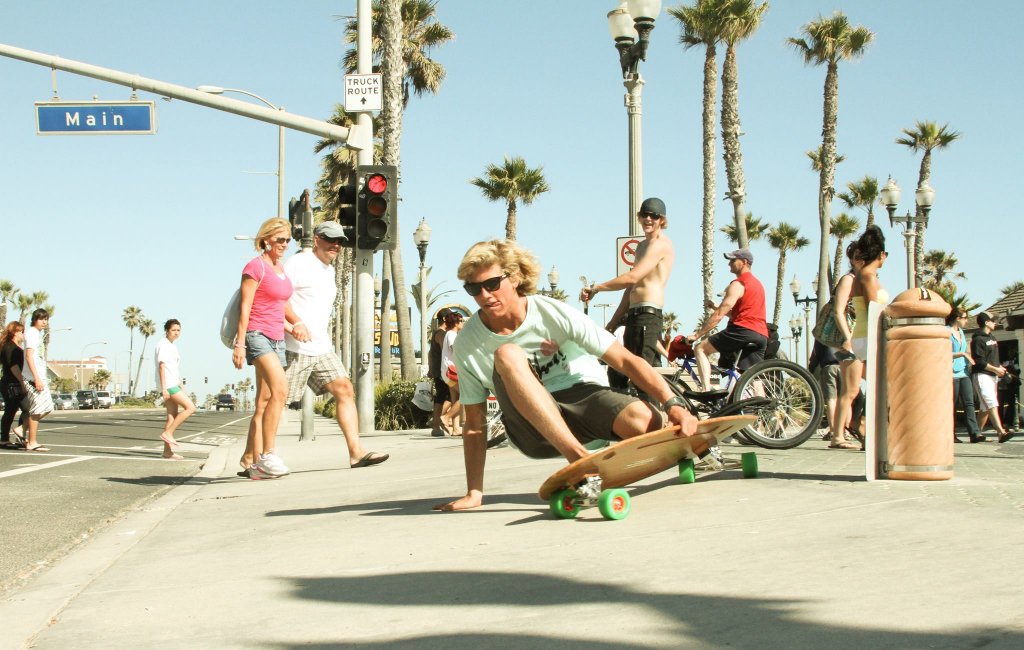
Despite initial setbacks and their unconventional business approach, the founders’ dedication to their product and the surfing lifestyle propelled Hamboards forward. Their vision is to make the exhilarating experience of surfing accessible to people worldwide, even on dry land. With their roots deeply embedded in the surf culture of Huntington Beach, Pete and Donnie are determined to expand Hamboards and share the stoke of surfing with enthusiasts everywhere.
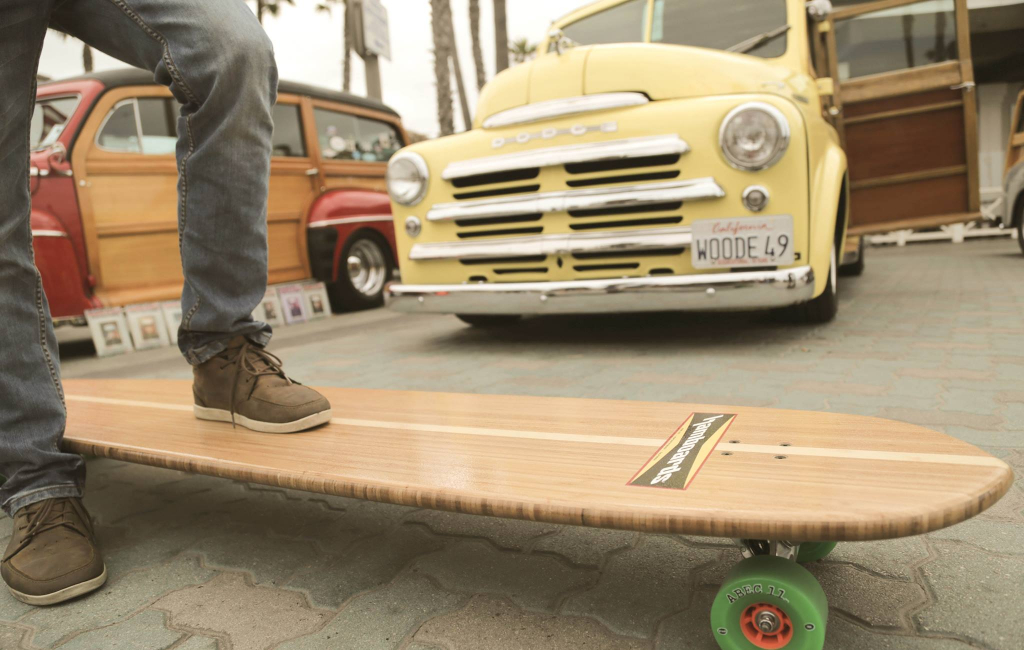
The Product
Hamboards are oversized skateboards designed to replicate the feeling of surfing on land. Crafted from solid bamboo, these boards come in various sizes and designs, with the Bamboo Classic being the most popular model. The boards feature a wide deck, reminiscent of a surfboard, providing stability and ample space for riders to maneuver.
Utilizing modified trucks for enhanced maneuverability, Hamboards offer a unique riding experience that closely mimics surfing. Riders can carve, turn, and glide across pavement, emulating the sensation of riding waves. Ideal for surf enthusiasts and skateboarders alike, Hamboards appeal to anyone looking for an exhilarating and unconventional ride.
They offer a way to experience the thrill of surfing even in areas without access to ocean waves. Hamboards can be purchased directly from the company’s website or through surf, skate, and action sports stores. The Bamboo Classic model, retailing for $595, is the flagship product, catering to riders of all ages and skill levels.
With its solid construction, innovative design, and ability to capture the essence of surfing on land, Hamboards provide an exciting alternative to traditional skateboards and longboards. Whether cruising along the boardwalk or carving up hills, Hamboards offer a dynamic and thrilling ride for adventurers seeking a taste of the surf lifestyle on dry land.
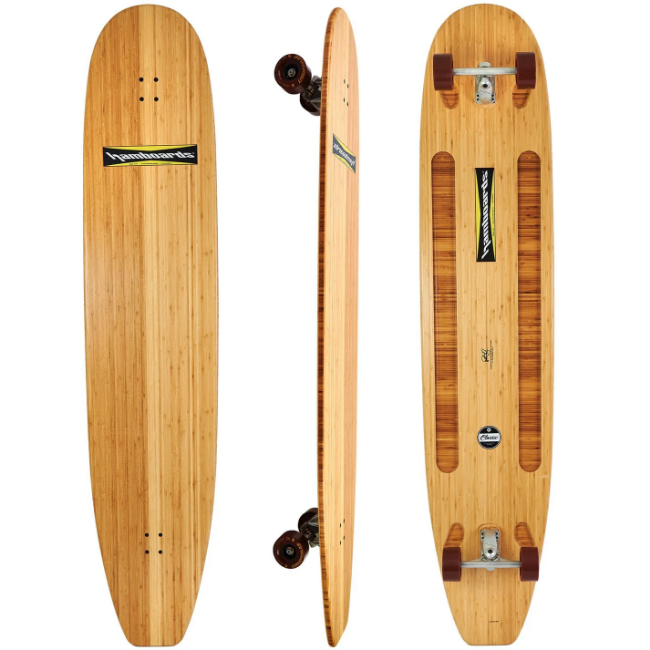
How It Went
The company’s position before Shark Tank
Hamboards, based in Huntington Beach, California, has shown promising growth in recent years. With sales reaching $225,000 in the past 12 months and a projected target of $350,000 for the current calendar year, the company has demonstrated a steady increase in demand for its products. Despite modest sales figures, Hamboards has established itself as a niche player in the skateboarding industry, appealing to surf enthusiasts and skateboarders alike.
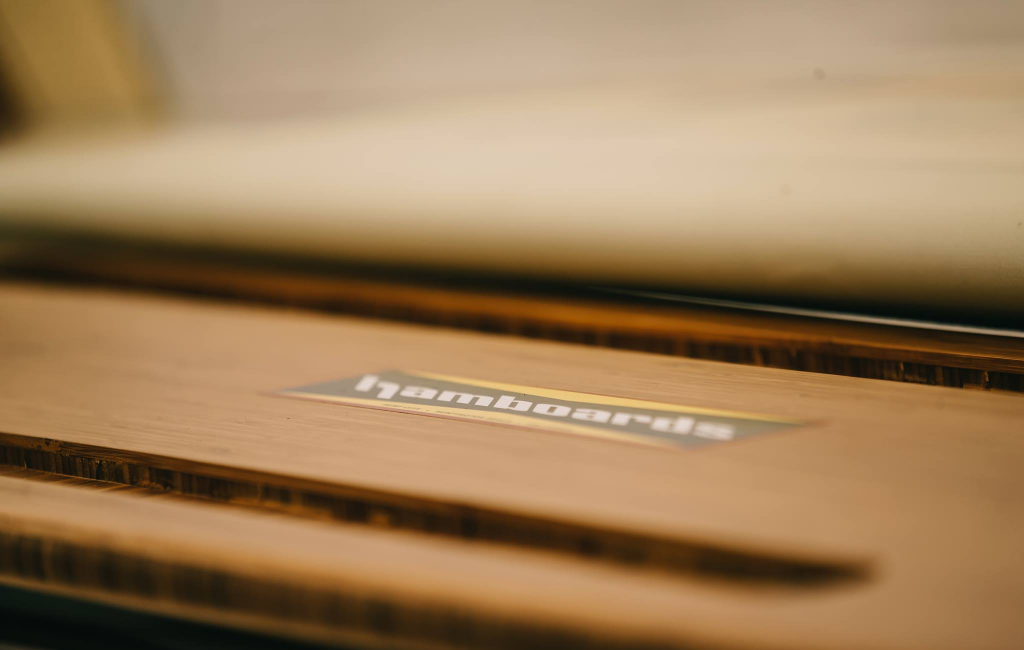
The company’s founders, Pete Hamborg and his cousin Donnie, have spearheaded its operations, leveraging their passion for surfing and business expertise to drive growth. While Pete oversees product development and branding, Donnie brings valuable business acumen from his background at DuPont and entrepreneurial experience. Hamboards has recently expanded its distribution network by bringing on board their first two representatives to target surf, skate, and action sports stores. Additionally, the company sells directly through its website and has established partnerships with select retailers to reach a broader customer base.

In terms of funding, Hamboards has primarily relied on bootstrapping and reinvesting profits back into the business. However, the founders recognize the need for additional capital to fuel further expansion and meet increasing demand. This led them to seek a $100,000 investment on Shark Tank. While the company has seen growth potential, it faces challenges such as securing utility patents for certain modifications and scaling production to meet rising demand. Nonetheless, with a dedicated team, a unique product offering, and a clear vision for expansion, Hamboards is poised to capitalize on the growing interest in alternative forms of recreation and outdoor activities.
The Negotiations:
During the negotiations on Shark Tank, Hamboards received mixed feedback from the Sharks. While there was admiration for the product and the founders’ passion, concerns were raised about the company’s scalability and market potential beyond surf culture. Robert Herjavec made the first offer, proposing $300,000 for 30% equity. He emphasized the need for branding and expansion into broader markets beyond surf enthusiasts. This offer reflected his belief in the company’s potential but also highlighted the challenges it faced in reaching a wider audience.

Daymond John initially offered $100,000 for 15%, matching the founders’ initial ask, but later revised his offer to $300,000 for 30%. He shared Robert’s vision for expansion but focused on licensing the product rather than direct investment. Despite interest from Robert and Daymond, Lori Greiner and Mark Cuban expressed reservations. Lori questioned the product’s appeal outside coastal regions, while Mark emphasized the need for a clear path to significant revenue growth.
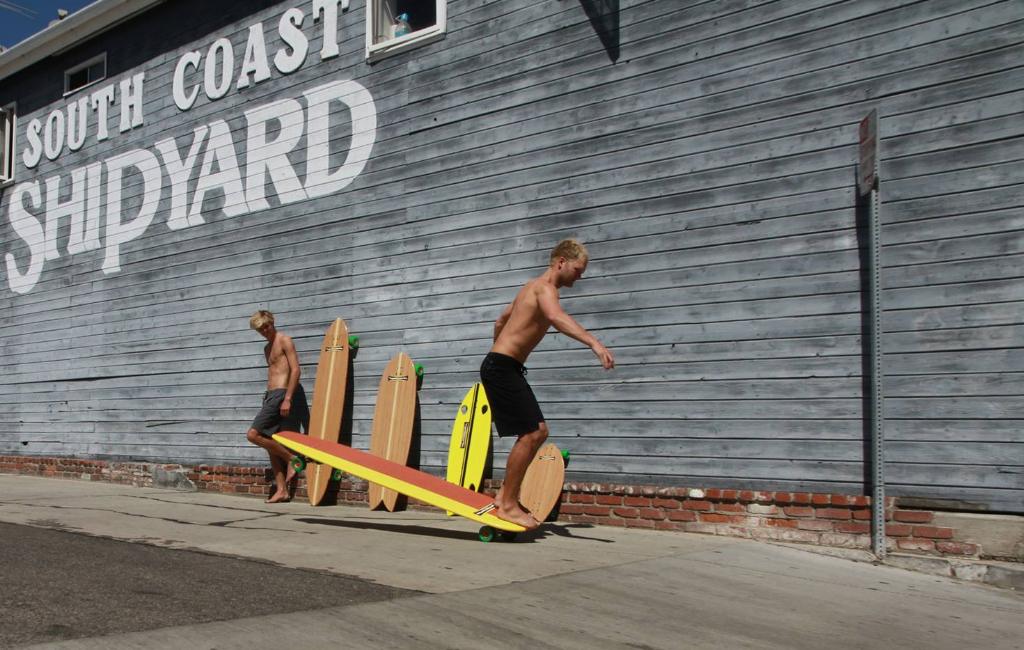
Ultimately, the founders accepted Robert’s offer, recognizing his expertise in branding and his commitment to helping them scale the business. The deal provided Hamboards with the necessary capital to meet growing demand and expand into new markets. While some Sharks remained skeptical about the company’s potential, the founders were confident in their ability to capitalize on Robert’s investment and take Hamboards to new heights.







